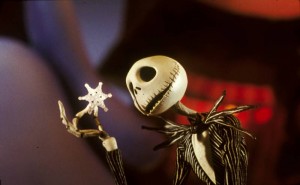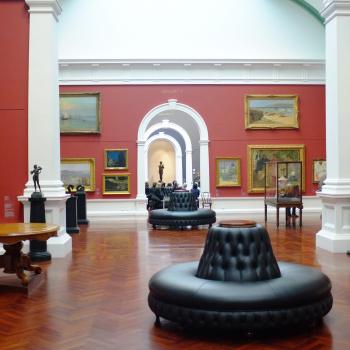 Continued from yesterday.
Continued from yesterday.
Paul faced the winter of death, and Timothy faces the winter of lost opportunity. If he doesn’t come before winter, the ships will go to dock to wait out the harsh months. He won’t be able to journey until spring, and by that time Paul believes he will be dead. Now is the time, he tells Timothy. Before winter.
When Joseph Campbell lectured on Dante’s life chart in the Convivio, it was in the context of his own charting of an archetypal life pattern. He developed it from his study of world mythologies. He calls it the hero’s journey.
The hero’s journey begins with a call to adventure, a call to step off the well-traveled path and forge your own singular way. The hero often refuses the call initially due to fear of the unknown, but eventually the hero answers. Else there is no journey, and subsequently no story to tell.
When the hero answers the call and sets out, supernatural assistance is sent, a traveling companion, a paraclete. The journey takes the hero through darkness, a kind of death. This is true all the way back to the first story we have, of Gilgamesh making his way on foreign terrain in total black darkness day after day, searching for Utnapishtim, the man who he hopes can tell him the secret of eternal life. Eventually the path leads to rebirth and new life.
It is not an easy path, but it is the path you must take if you want to be fulfilled, if you want to be able to look back from the edge of death with gratitude.
What is the hero’s path? How do I step onto it?
Here’s where it begins to sound trite, clichés and aphorisms. I get visions of Robin Williams in Dead Poets Society standing behind those adolescent boys, whispering, “Carpe. Carpe. Carpe diem.” I hear Robert Herrick calling to the virgins, “Gather ye rosebuds while ye may…” and Robert Frost writing of the two roads, “I took the one less traveled by, and that has made all the difference.”
I get mental images of monks pointing at the skulls on their desks, their silent piercing eyes saying, “Memento mori. Remember you must die.” The Flaming Lips singing, “All we have is now,” and Wilco singing, “You have to learn how to die, if you really want to be alive.” On and on it goes.
Of course, there is Joseph Campbell’s own admonition, “Follow your bliss,” a way he calls the “path of the left hand.”
But as one year turns to another, and as that naturally leads to reflection on the past year and resolutions for the one to come, it is appropriate to make, or renew, the commitment to live meaningfully. A call to follow your bliss is not a call to chase happiness. It is not necessarily a call to a great physical adventure. It is simply a call to do whatever it is that, in the doing, you are fully alive and awake to your existence in the world.
I stepped onto that path of adventure in my thirty-eighth year, three years past Dante’s middle of life. I decided to stop wanting to be a writer and start writing. At that time I had a little café/coffeeshop that I owned and operated. It was not a bad life. In many ways it was great: I had no boss; I changed things as I saw fit; I got to chat with the most interesting people in this small town at one time or another—some of whom became good friends. Still, it was never what I felt compelled to do. It was not my calling.
I sold the shop and enrolled in an MFA program uniquely suited to my aesthetics. I am following my bliss, for the first time living a life that I will not look back on and wonder, “What if I had just tried it?” Often it is not blissful at all, it is a real struggle. I meet with far more failure than success.
A movie that has become a kind of tradition in our family is Tim Burton’s Nightmare Before Christmas. We get to watch it at two holidays instead of one, and it’s so whimsical, and I’ve liked quirky Danny Elfman ever since his Oingo Boingo days. I suspect Liz and the kids don’t enjoy the movie as much as I do, but they humor me. I bet someday the kids will show that movie to their own children—or at least come across it flipping channels one day and talk of me.
My favorite scene in that movie is right after Jack’s monumental failure, after his dream of being Santa has come to utter and complete disaster. In a foggy cemetery he briefly feels sorry for himself after being shot from the sky, but he quickly perks up and sings,
Well, what the heck, I went and did my best.
And by God, I really tasted something swell.
And for a moment, why,
I even touched the sky
and at least I left some stories they can tell,
I did.
I meet with more failure than success. Well, what the heck, I’m on the right path yet. Worse than failure is looking back after it’s too late and knowing you never tried. Listen to the voices call from across the ages, telling you to seize the day. Believe those monks when you see them pointing at the skulls. Come before winter.
Listen to the words of that beautiful poet Mary Oliver, when she calls out to you,
For how long will you continue to listen to those dark shouters,
caution and prudence?
Fall in! Fall in!











